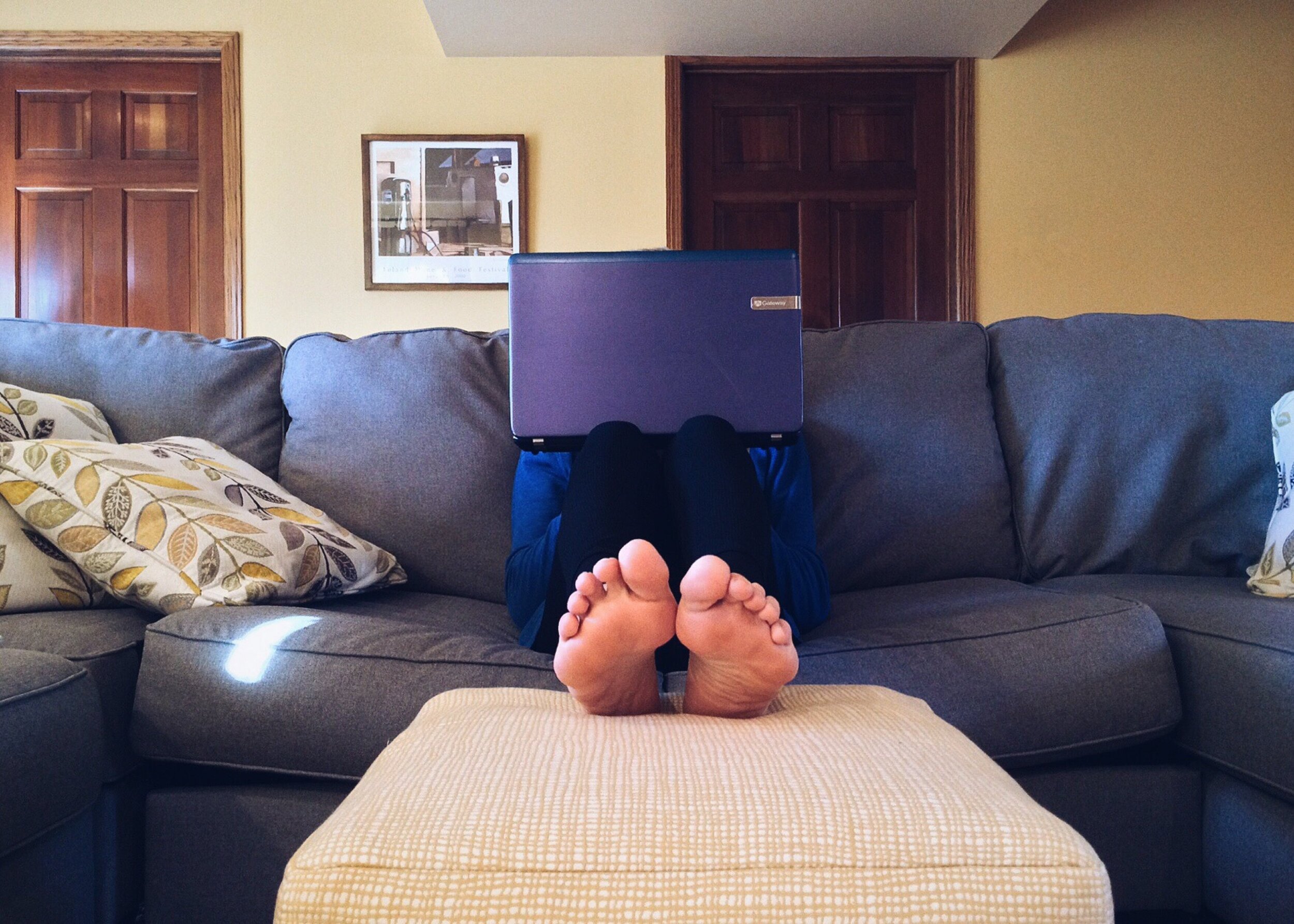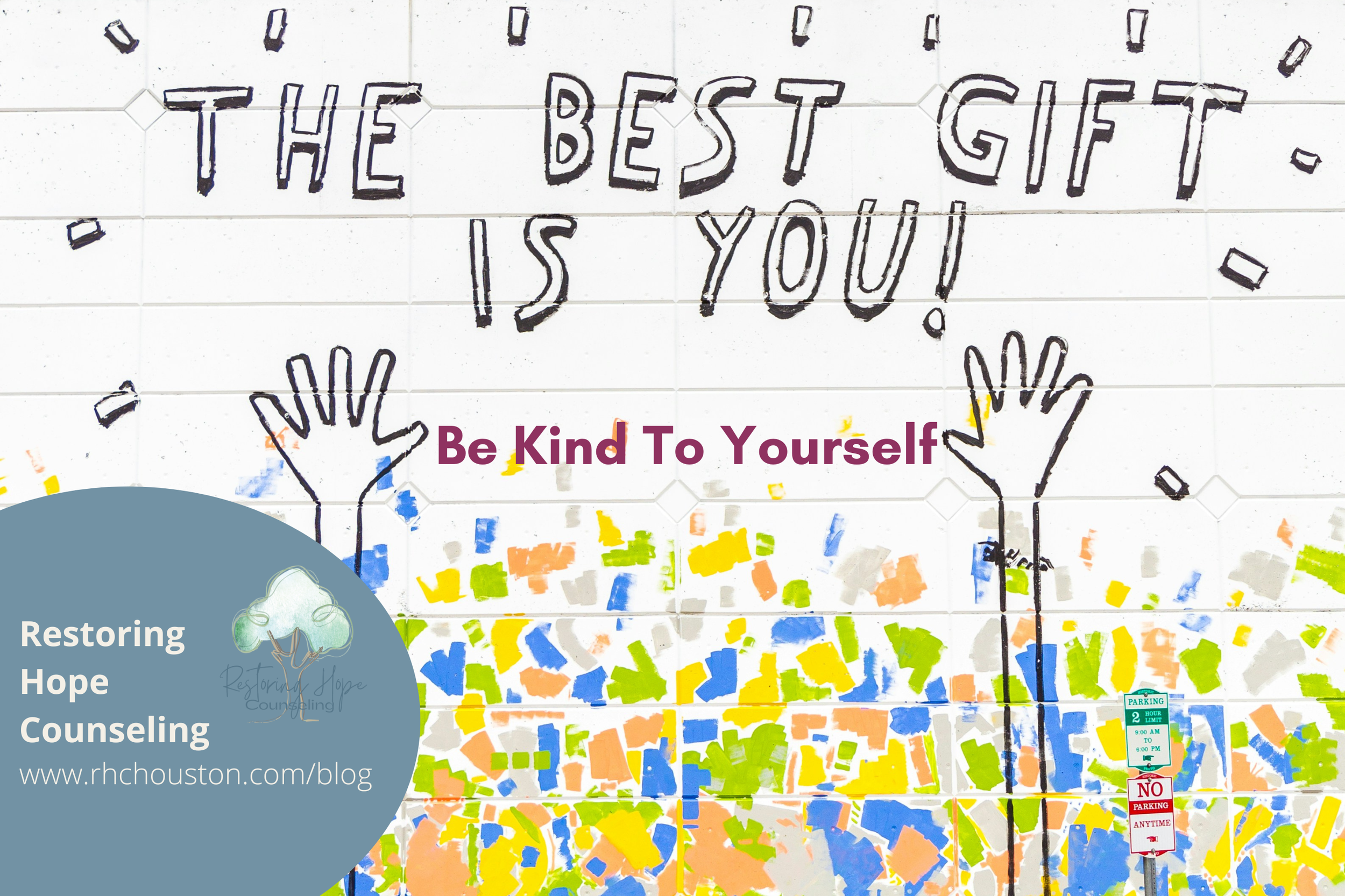
Blog
Redefining Our Boundaries
Boundaries are an interesting concept. They are invisible, subject to change, and are present in practically all of our friendships, relationships, and other social connections. But what exactly are boundaries, and why do they change as we move through life?
A Reintroduction to Self-Care
Self-care is a term that we all know and love. But what is self-care really? Despite how often the term is mentioned on social media or in wellness articles, self-care is one of the most misunderstood concepts in mental health. When some hear the term, lavish spa days, vacations, or elaborate routines are quick to come to mind, while others may associate the term with being just another item to add to an already long list of to-dos.
The Power of Small Touch
Physical touch with a partner is one of the simplest ways to remind your nervous system: “You’re safe. You’re not alone.” These are not grand romantic gestures. They are just small, steady moments of reaching for one another.
To be clear, I’m not talking about big romantic movie moments here. This isn’t The Notebook or When Harry Met Sally. I mean the small, everyday ways we reach toward each other in passing.
When Performance Meets Mental Health: Why Counseling Matters for Athletes, Performers, and Competitors
When we talk about performance—whether in sports, music, theater, public speaking, or competitive events—we tend to focus first on the physical side: skills, strength, conditioning, repetition, rehearsal. We measure effort by how many hours were spent training and how much sweat was poured into preparation.
Limbic Resonance: The Science of Emotional Connection in Therapy
Hello, beautiful humans…
Something’s been on my mind lately — a quiet ache I think many of us are feeling. In a world lit by screens, we are constantly connected yet profoundly alone. Faces glow under artificial light, fingers scroll, voices ping, but our nervous systems feel a quiet emptiness. We are surrounded by information, advice, and digital “community,” yet our limbic systems — the emotional centers of our brains — hunger for something far more ancient: true human presence. Feel familiar? This is limbic resonance — the subtle attunement of one nervous system to another, the wordless synchrony that reminds us we are not alone.
Couples and the Mental Overload
As a therapist who works with couples, this is a common scene played out in front of me:
Wife: “I just want him to do things around the house because he wants to.”
Husband: “She could’ve just asked.”
Wife: “But I don’t want to have to ask.”
Husband: “I’m not a mind reader.”
And there it is — that tense volley that ends with someone crying, someone shutting down, and both feeling unseen.
Why Your 20s Trigger Anxiety: Expert Tips to Cope and Thrive
Your 20s are often romanticized as a decade of adventure, growth, and endless possibilities. But the reality? For many young adults, this life stage brings overwhelming anxiety, sleepless nights, and the constant feeling of falling behind.
If you're struggling with anxiety in your twenties, you're far from alone. Research shows that anxiety disorders peak during young adulthood, affecting nearly 1 in 3 people aged 18-29. Between managing student loans, launching careers, navigating relationships, and facing constant social media comparison, it's no wonder this decade feels so mentally taxing.
The encouraging news: anxiety in your 20s is manageable with the right strategies. This comprehensive guide explores why anxiety intensifies during this life stage and provides five evidence-based techniques to help you cope.
Be Kind To Yourself
Giving yourself grace involves treating yourself with kindness, compassion, and understanding, especially during times of difficulty or failure. It's about recognizing that everyone makes mistakes, experiences setbacks, and has imperfections, but that these do not diminish your worth.
Purpose of Questions in Therapy
Therapy is a structured and confidential process designed to help individuals address personal challenges, explore emotions, and work towards positive change. Here's what you need to know about therapy and privacy:
You might ask yourself, what is the purpose of asking certain questions in therapy? Therapists ask questions to gain a deeper understanding of your concerns, history, relationships, and goals.
This information helps them provide personalized guidance and support tailored to your needs.
Therapists are trained to maintain professional boundaries and respect your privacy. They will not ask intrusive or inappropriate questions without a valid therapeutic reason. If you feel uncomfortable with any question, you can express that to your therapist.
There are no Taboos in Mental Health!
Taboos in mental health refer to societal stigmas, misconceptions, or cultural norms that discourage open discussion, acknowledgment, or acceptance of mental health issues. These taboos can contribute to feelings of shame, isolation, and reluctance to seek help among individuals experiencing mental health challenges. Reducing these feelings associated with mental health taboos requires a multi-faceted approach that addresses societal attitudes, promotes awareness and education, and fosters supportive environments.
Los tabúes en salud mental se refieren a estigmas sociales, conceptos erróneos o normas culturales que desalientan el debate abierto, el reconocimiento o la aceptación de los problemas de salud mental. Estos tabúes pueden contribuir a sentimientos de vergüenza, aislamiento y renuencia a buscar ayuda entre las personas que experimentan problemas de salud mental. Reducir estos sentimientos asociados con los tabúes de salud mental requiere un enfoque multifacético que aborde las actitudes sociales, promueva la conciencia y la educación y fomente entornos de apoyo.









